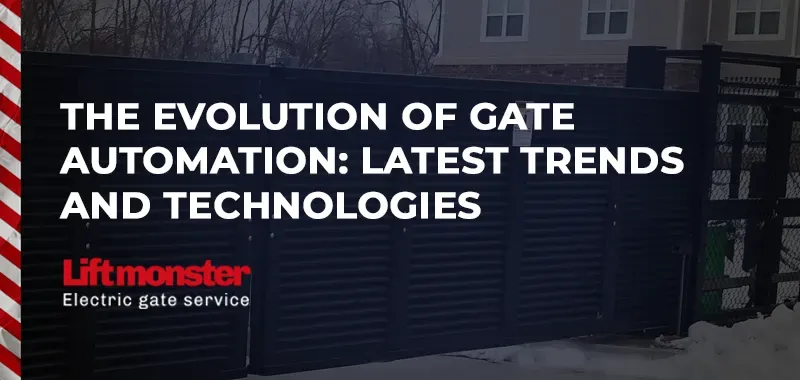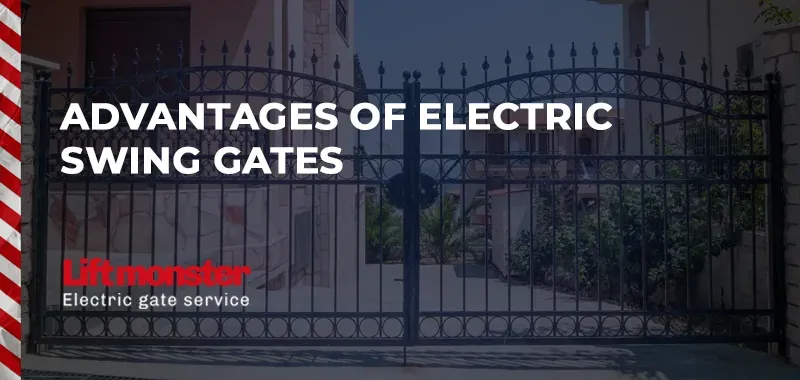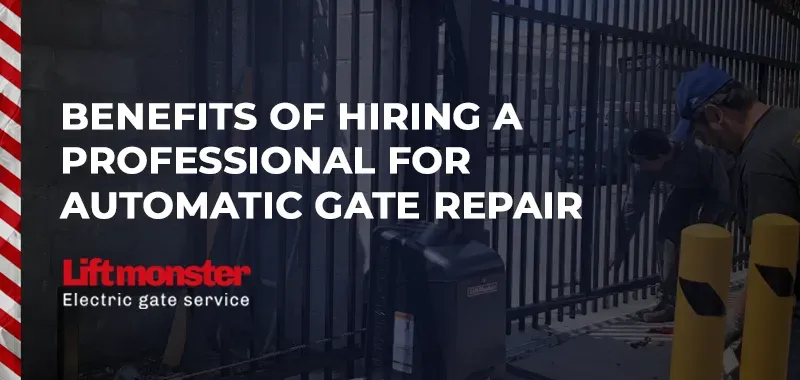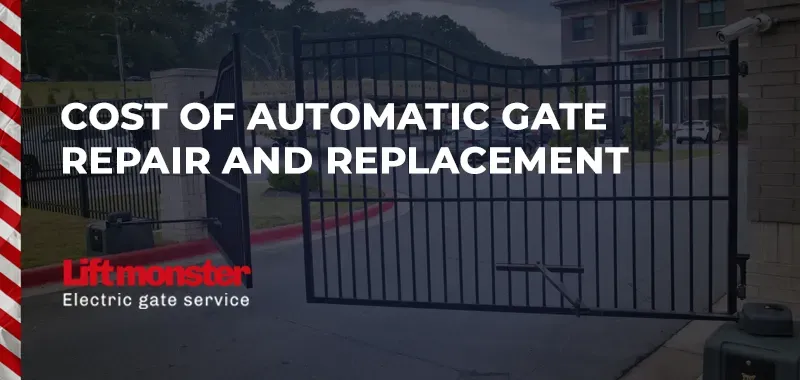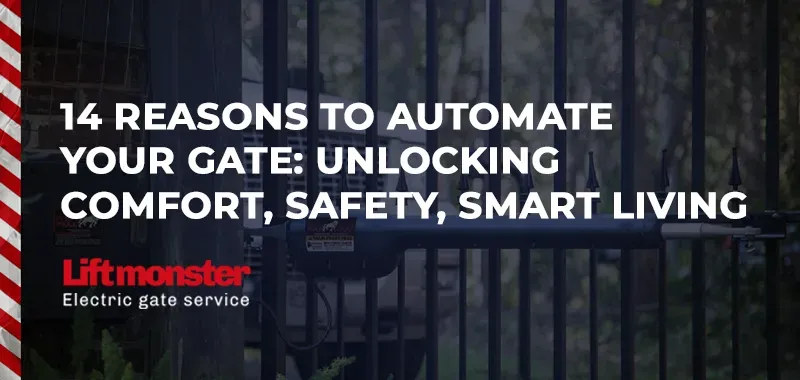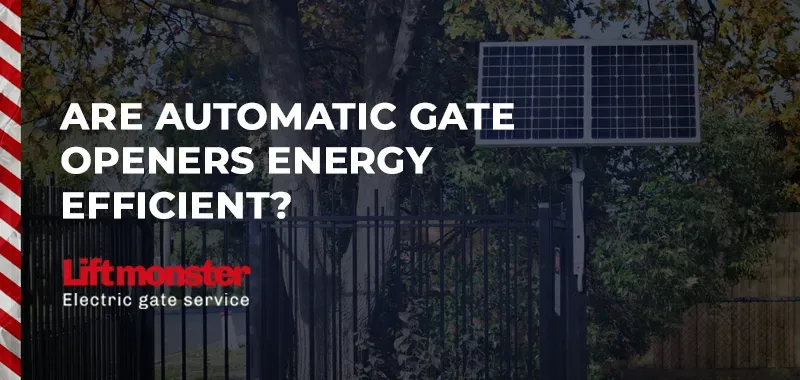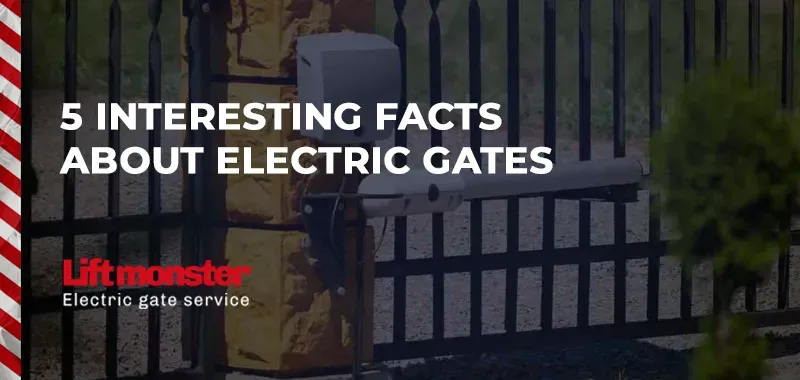Tips On Maintaining And Inspecting Your Electric Gates
Electric gates are an excellent addition to any property, offering convenience, security, and an aesthetic appeal. However, like any automated system, they require regular maintenance and inspection to ensure smooth operation and prevent costly repairs. Neglecting your electric gate can lead to mechanical failures, security vulnerabilities, and even potential safety hazards. In this guide, we’ll explore essential tips for maintaining and inspecting your electric gates so they continue functioning efficiently for years to come.
The Importance of Regular Maintenance for Electric Gates
The Importance of Regular Maintenance
Maintaining your electric gate is crucial for prolonging its lifespan and ensuring it operates safely. A well-maintained gate reduces the risk of sudden malfunctions, which can be frustrating and expensive to fix. Additionally, keeping your gate in good condition enhances home security, preventing unauthorized access due to faulty mechanisms. Regular upkeep also ensures compliance with safety regulations, especially for gates installed in commercial or shared residential properties.
Cleaning and Lubricating the Gate Components
Dirt, debris, and weather conditions can take a toll on your electric gate’s moving parts. Regular cleaning prevents buildup that could interfere with the mechanism. Use a mild detergent and a soft cloth to clean the gate panels, removing dust, grime, and rust. Pay special attention to the hinges, rollers, and tracks, ensuring they are free from obstructions. Lubrication is another key aspect of maintenance. Metal components, such as hinges, gears, and chains, require proper lubrication to minimize friction and wear. Use a high-quality lubricant suitable for gate mechanisms, applying it sparingly to prevent excess buildup, which can attract dirt. Regular lubrication ensures smooth movement and reduces strain on the motor.
Inspecting Electrical Components
Since electric gates rely on automated systems, it’s essential to inspect the electrical components periodically. Start by checking the power supply and control panel to ensure everything is functioning correctly. Look for signs of corrosion, exposed wiring, or loose connections that could lead to operational failures. The battery and backup power system also require attention. If your electric gate has a backup battery, test it regularly to confirm it holds a charge. This is particularly important during power outages when the backup system is the only way to operate the gate. Replacing worn-out batteries in a timely manner prevents unexpected issues.
Testing the Safety Features
Safety is a top priority when dealing with automated gates. Modern electric gates come equipped with sensors and safety mechanisms to prevent accidents. These include obstacle detection sensors, auto-reverse functions, and emergency stop features. Regularly test these safety features by placing an object in the gate’s path while closing it. If the gate fails to detect the obstruction and does not reverse automatically, it may need calibration or repair. Photocells and infrared sensors can become misaligned over time, affecting their ability to detect objects or people. Cleaning these sensors and ensuring they are properly aligned helps maintain their effectiveness. Malfunctioning safety features should be addressed immediately to prevent potential injuries or property damage.
Checking the Remote Control and Access System
Electric gates typically use remote controls, keypads, or intercom systems for access. Regularly inspect these devices to ensure they are working properly. If you notice delayed responses or intermittent failures, check the batteries and replace them if necessary. If the issue persists, there may be signal interference or a problem with the gate’s receiver, which may require professional attention. Additionally, if your electric gate operates using Wi-Fi or Bluetooth connectivity, ensure the network settings are up to date and secure. Hackers can exploit weak security settings, gaining unauthorized access to your property. Regularly updating firmware and changing passwords can help enhance security.
Examining the Gate’s Structural Integrity
Aside from the electronic and mechanical components, the gate’s structure also requires periodic inspection. Look for signs of rust, warping, or structural weakness, especially if your gate is exposed to harsh weather conditions. Wooden gates may suffer from rot or termite damage, while metal gates can corrode if not properly treated. If you notice any damage, address it promptly to prevent further deterioration. Repainting or applying rust-resistant coatings can help protect metal gates from environmental damage. Ensuring that all bolts and fasteners are tightened also contributes to the gate’s stability and durability.
Preventing Common Issues Before They Arise
Preventive maintenance goes a long way in avoiding major problems with your electric gate. Keep vegetation and debris away from the gate’s path to prevent obstructions. If you live in an area prone to extreme weather conditions, consider weatherproofing your gate by installing covers for sensitive components. Another key preventive measure is scheduling professional inspections at least once a year. While regular DIY maintenance is beneficial, professional technicians can identify underlying issues that may not be apparent to the untrained eye. They can also perform software updates, system calibrations, and in-depth diagnostics to ensure optimal performance.
Conclusion
Electric gates offer convenience, security, and aesthetic appeal, but they require proper care to function efficiently. Regular cleaning, lubrication, and inspections help prevent mechanical and electrical failures. Ensuring that safety features, access controls, and structural integrity are maintained reduces the risk of costly repairs and security breaches. While some maintenance tasks can be handled by homeowners, professional servicing is recommended for more complex issues. By following these maintenance and inspection tips, you can keep your electric gate operating smoothly and reliably for years to come.

